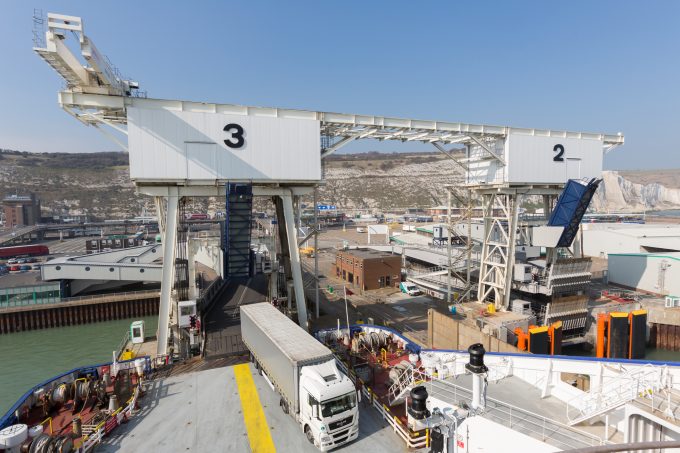
Continental European forwarders and hauliers are increasingly concerned by the absence of information on trade flows to and from the UK after Brexit.
Secretary-general of the European Shippers Council (ESC) Godfried Smit told The Loadstar Europe’s traders were being ignored in the UK’s efforts to explain post-Brexit procedures.
“Although UK embassies organise sessions in EU member states for trade associations, the information supplied in documents issued last year still leaves some questions unanswered, or is difficult to interpret.”
A primary concern for the ESC are SMEs which have yet to put new customs procedures in place, and Mr Smit said he was uncertain whether, among ESC members, there was a growing intent to sever trading ties with the UK.
And one Luxembourg-based haulier slammed the absence of information from the UK.
“I have not received any updates related to Brexit from the Department for Transport since March 2019,” the commercial director of Wallenborn, Jason Breakwell, told The Loadstar.
“It’s disappointing, but I appreciate the challenge for public sector workers because, as one told me, the information remains unknown as long as trade talks are ongoing.”
While the UK has faced criticism for a “lack of engagement”, Mr Smit said EU authorities began running awareness campaigns in the immediate aftermath of the Brexit vote in June 2016. Government ministries and border agencies started providing advice on trade and service providers in ports on methods to avoid potential “chaos” from Brexit, he added.
“From the very beginning all three most concerned customs authorities hired new staff to take care of the rising numbers of customs declarations. Other authorities, like veterinary services, did the same and, as this happened quickly, these staff have finalised their training courses.
“It is, however, important to emphasise that EU countries will stay closer to the present situation of trade with third countries than the UK tends to do.”
One forwarder added that each EU member state had run campaigns to better prepare importers and exporters, saying: “A good example is the Netherlands, which will enforce the original UCC definition of an exporter when the [Brexit] transition period ends,”
“UK businesses without an EU establishment won’t be able to act as the exporter of record, and this will cause a lot of chaos come 1 January, as they will need to find alternative solutions.”
Mr Breakwell said Wallenborn was expecting Brexit issues to persist for “months” into 2021, with additional operating costs and overheads almost a given.
“There is no doubt in my mind that there will be congestion. Simplifications and offsite truck parks can only facilitate this so much, especially when there is a potential for trucks arriving without the necessary information.”
Contrary to comments from UK government officials, Mr Breakwell argued that industry did not “have its head in the sand”, and said 10% of his time was spent on Brexit issues.
But he added that, despite “pending chaos”, the UK remained a valuable market for Wallenborn, which he said was intending to increase its investments in the country.


